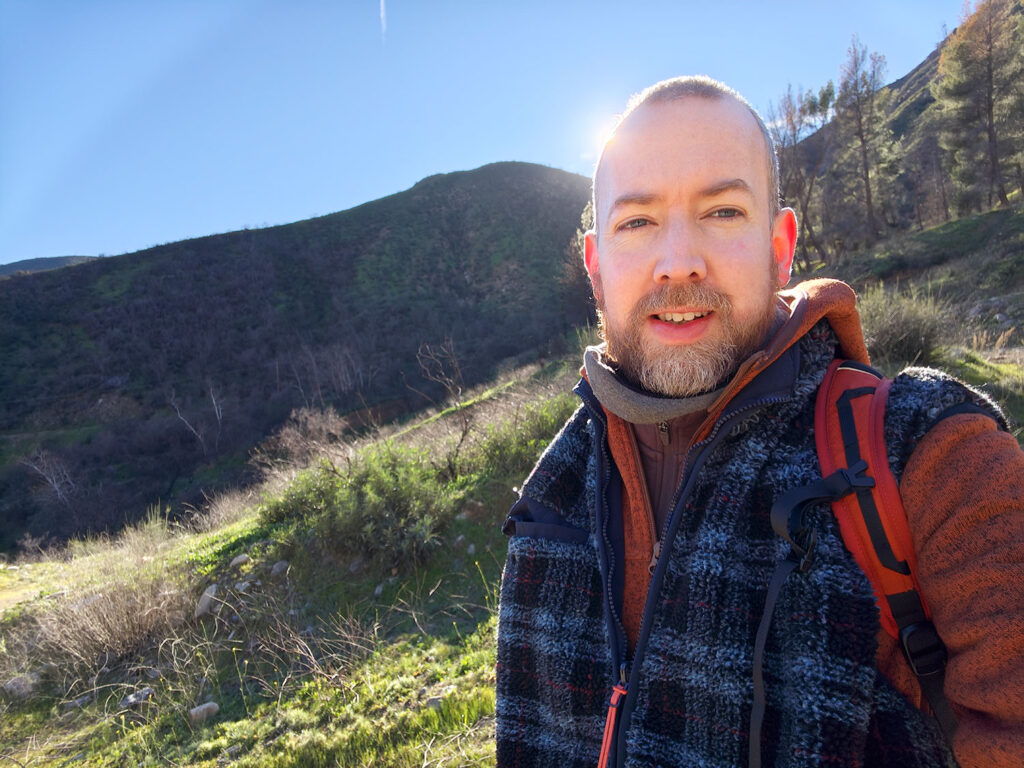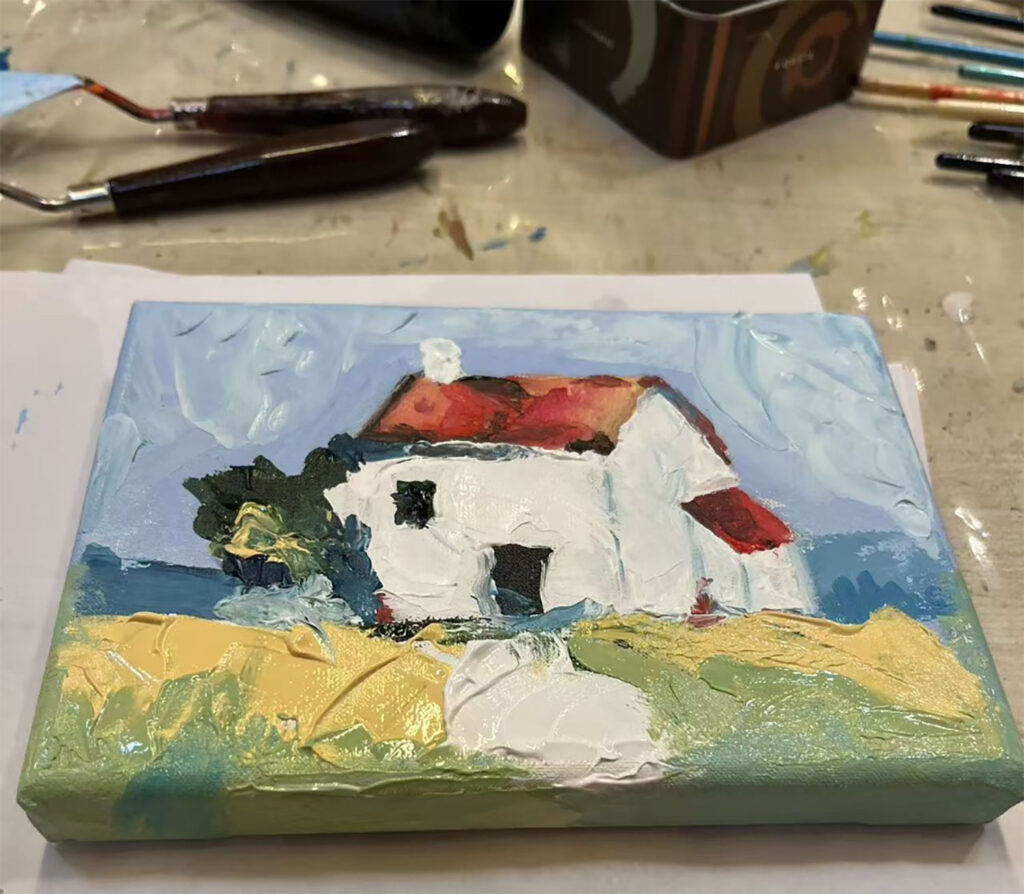Introduction placed underneath the tips.
1: Avoid figurative language such as expressions & idioms
It’s extremely difficult for foreign language speakers/listeners to understand figurative or abstract language. With this, I mean fixed expressions, idioms, sayings, proverbs, interjections. Anything not literal. Obviously, this applies to complex sayings like “You catch more flies with honey than with vinegar”, but also to expressions like “Love is blind”, “A picture is worth a thousand words”, “My hands are tied”, and “There is no place like home”. These can be really difficult to understand: “What do you mean, there’s no place like home?!”, or “Why is love blind?”. The meaning is not always clear from the words themselves, but referring to a context the language learner does not know.
You need to be aware of how many idioms, sayings, and interjections you use in your language rotation. If you never studied a second language, you are probably not aware of this. The English language alone has an estimated twenty-five thousand idiomatic expressions.
(You can also count sarcasm into this category. Avoid sarcasm!)
2: Talk slow
You don’t need to talk as you would against a baby, but don’t speak a flowing sentence at the pace you would talk to with a native. Speak word by word. Put. A. Small. Pause. In. Between. Each. Word.
3: Articulate
The same applies to syllables. Pro-nounce them clear-ly. A bit ex-ag-ger-at-ed is e-ven better.
4: Use simple words
Depending on the level, you need to say ‘big’, not ‘huge’. And especially avoid using ‘gigantic’. Say ‘close’, not ‘nearby’. If you use simple words, not only is the chance higher that the recipient knows these words, they’re also more useful because they apply to more situations. So say free instead of vacant. Say place instead of scenery. Say boyfriend instead of partner. Teacher instead of instructor. Workaround words like finance or corporate by saying it’s about money or a company. Don’t use the word atmosphere, say that everybody was happy.
5: Divide sentences
This is actually an idea from “Specialized English” (more about this below), that suggest each sentence should just contain one idea.
See this compound sentence as an example:
“My dad who had been a mathematics teacher before, laughed when I told him a joke about my homework.”
This is easy to split up. Foreign ears may confuse the order because the grammar in their language isn’t like this, or they may simply be flooded with keywords.
This also works the other way around though. See the following sentences:
“Erica gave Sophia an explanation why she didn’t want to go to Spain for holiday. Then she showed other destinations on her mobile phone.”
It’s not clear who showed the other destinations. It’s not even clear who’s mobile phone it was — there are actually multiple possibilities here! This could easily be clarified by replacing ‘she’ with a name in the second sentence.
— Context
My Mandarin is now at a level where it’s possible for me to make full conversations with Chinese people, but saying that, I do usually prefer my conversation partner to talk a bit slower than he or she usually would — especially without any dialect or complex words. Travel 90 minutes from Shanghai by car and I won’t understand the local Nantong or Suzhou dialect.
Chinese teachers usually talk this way to students. My colleagues at GoEast Mandarin mainly use words from the HSK system, corresponding to the level of the student. Plus they pronounce them slow & clear. It’s a bit artificial, but it helps as a stepping stone before adding more complexity in the language: vocabulary, speed, accents, and irregularities (these things are tested in the new HSK exams).
I even pick Chinese movies based on whether they use Mandarin instead of the Shanghai or some other local dialect, and whether the pronunciation in the trailer is clear.
So yet! Despite knowing this, Despite learning a foreign language myself — Mandarin because I live in Shanghai — I sometimes totally forget to adjust when talking with Chinese people in English. My colleagues at GoEast all speak English fluently, but many Chinese people don’t (if they speak English at all). And Chinese people don’t always mention it when I’m talking too fast. They will just not understand what I say.
Anyway — there is lots of documentation about how to learn a foreign language, but this always focuses on the learner. I think some responsibility also lies with the speaker.
I wrote this text above and then a day later I was reading Oracle Bones by Peter Hessler, in which Hessler made a note about Chinese people learning English listening to “Specialized English“, through the program ‘Voice of America’. Special English has three characteristics in how it differs from ‘normal’ English:
- It’s limited to 1,500 words
- It’s written in short sentences that contain only one idea, and never uses idioms to make the point clear, and
- It’s spoken at a slower pace, roughly two-thirds of the regular pace (or ~90 words per minute)
You can see a sample episode here and Special English will be clear to you. What’s interesting is that Special English was actually developed for radio communication. If the signal was bad, the message could still be understood by the recipient. It was then later adapted for language learning (where, you could argue, the recipient also has a suboptimal ‘signal’.)
Then I was reminded of a seminar in Cannes, France, in 2012, in which Fedrik Haren spoke about the culture at Volvo: ‘The official language at Volvo is not UK-English, or American-English, or formal-English. It’s “bad English”, so that all employees can speak to each other. If an American is talking in difficult words to a Korean, he’s not staying with the official language.’



